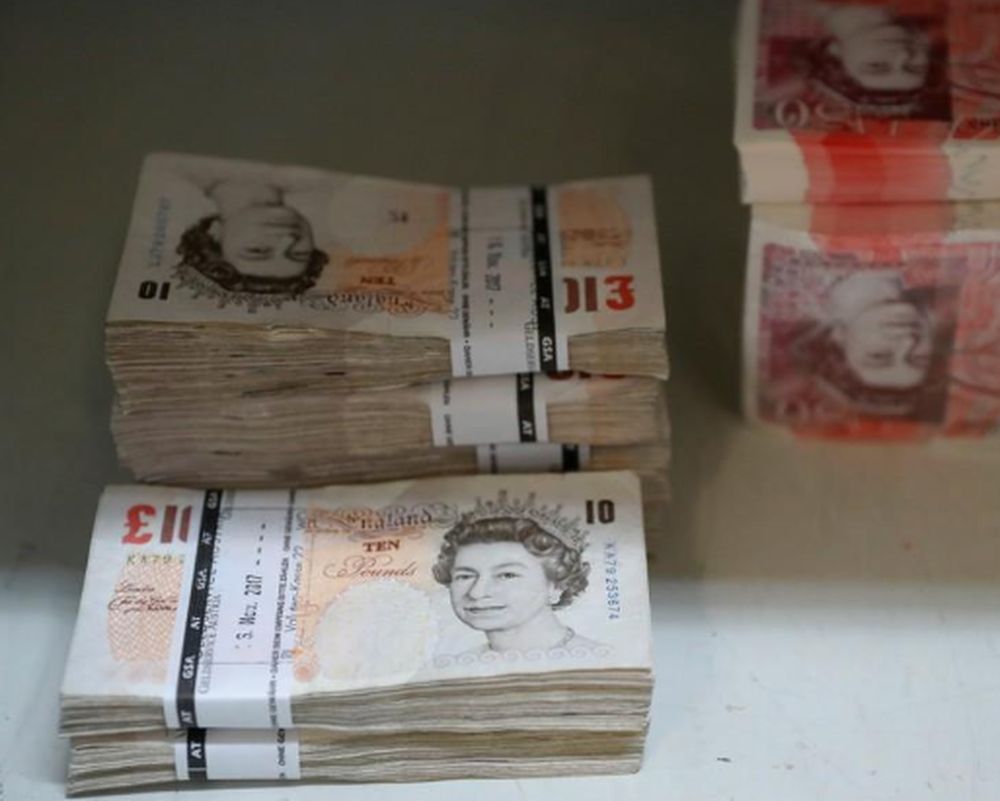LONDON, March 17 — The British pound dropped today after the Bank of England raised interest rates but sounded less certain about the pace of further tightening to combat soaring inflation. Read full story
Sterling had gained before the BoE announced its Monetary Policy Committee had voted 8-1 to raise rates 25 basis points to 0.75 per cent. The one dissenter voted to keep rates on hold.
Some traders had been expecting one or two policymakers to vote for a bigger 50 basis points hike, and the language the MPC used - saying “some further modest tightening might be appropriate in the coming months” - was less hawkish than anticipated.
The pound dropped more than a cent to US$1.3096 (RM5.5), down 0.3 per cent on the session after earlier reaching as high as US$1.3211.
Against the euro, sterling was last at 84.22 pence, 0.3 per cent weaker on the day.
“No surprise in the decision from the BoE to hike today, however the dissent from (Deputy BoE Governor Jon) Cunliffe provides a dovish tilt and has prompted traders to revise bets on the pace of future rate hikes, immediately weighing on sterling strength,” said Sam Cooper at Silicon Valley Bank.
The Ukraine war and spike in commodity prices have made the BoE’s job harder as it confronts an inflation rate already running at more than double its 2 per cent target and economic growth that is likely to slow given the squeeze on consumers’ living standards and the impact of the conflict.
The U.S. Federal Reserve on Wednesday gave a hawkish signal as it raised rates for the first time since 2018 and flagged the need for a rate rise at every one of 2022’s remaining meetings.
The BoE had already hiked rates twice since December.
Money markets scaled back their rate hike bets - futures showed investors were expecting the Bank Rate to be a little below 2.0 per cent by December at 1220 GMT. Before the BoE announcement, futures were fully pricing in a rate of 2.0 per cent by year-end.
Some investors expected the BoE to move harder and faster in tightening policy than the Fed, especially given the UK economy is not as sensitive to rate rises as it used to be with many households fixing their mortgage rates.
“Structurally the UK has had higher inflation than others as sterling tends to weaken in volatile markets so the UK tends to import inflation,” said Justin Onuekwusi, portfolio manager at LGIM said before the BoE announcement.
The pound had been falling in recent weeks as investors, worried about inflation, tightening monetary policy globally and the war in Ukraine, sold riskier currencies and bought the dollar.
Against the euro, sterling has performed far better, as the single currency has been damaged by concerns the war in Europe’s east will hurt the regional economy. — Reuters






















